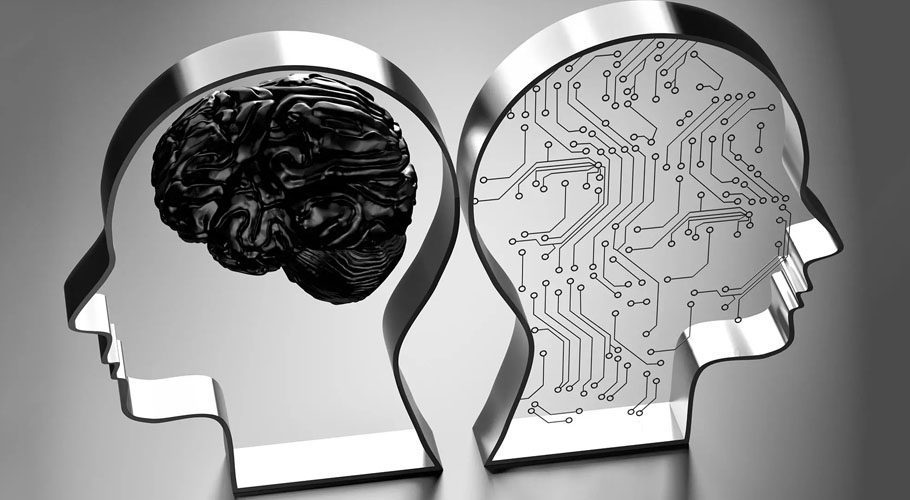A study conducted by a professor from the University of Central Florida has identified six challenges that need to be addressed to improve our relationship with AI and ensure its ethical and fair utilization.
The study emphasizes the need to address concerns related to the dependability, security, trustworthiness, and alignment of AI with human values. The authors also highlight the potential impact of AI on human life, which is not yet fully understood.
The study was published in the International Journal of Human-Computer Interaction.
The six challenges Garibay and the team of researchers identified are:
- Challenge 1, Human Well-Being: AI should be able to discover the implementation opportunities for it to benefit humans’ well-being. It should also be considerate to support the user’s well-being when interacting with AI.
- Challenge 2, Responsible: Responsible AI refers to the concept of prioritizing human and societal well-being across the AI lifecycle. This ensures that the potential benefits of AI are leveraged in a manner that aligns with human values and priorities, while also mitigating the risk of unintended consequences or ethical breaches.
- Challenge 3, Privacy: The collection, use, and dissemination of data in AI systems should be carefully considered to ensure the protection of individuals’ privacy and prevent the harmful use against individuals or groups.
- Challenge 4, Design: Human-centered design principles for AI systems should use a framework that can inform practitioners. This framework would distinguish between AI with extremely low risk, AI with no special measures needed, AI with extremely high risks, and AI that should not be allowed.
- Challenge 5, Governance and Oversight: A governance framework that considers the entire AI lifecycle from conception to development to deployment is needed.
- Challenge 6, Human-AI interaction: To foster an ethical and equitable relationship between humans and AI systems, it is imperative that interactions be predicated upon the fundamental principle of respecting the cognitive capacities of humans. Specifically, humans must maintain complete control over and responsibility for the behavior and outcomes of AI systems.
The report says that the study, which was conducted over 20 months, comprises the views of 26 international experts who have diverse backgrounds in AI technology.
“These challenges call for the creation of human-centered artificial intelligence technologies that prioritize ethicality, fairness, and the enhancement of human well-being,” Garibay says. “The challenges urge the adoption of a human-centered approach that includes responsible design, privacy protection, adherence to human-centered design principles, appropriate governance and oversight, and respectful interaction with human cognitive capacities.”


































